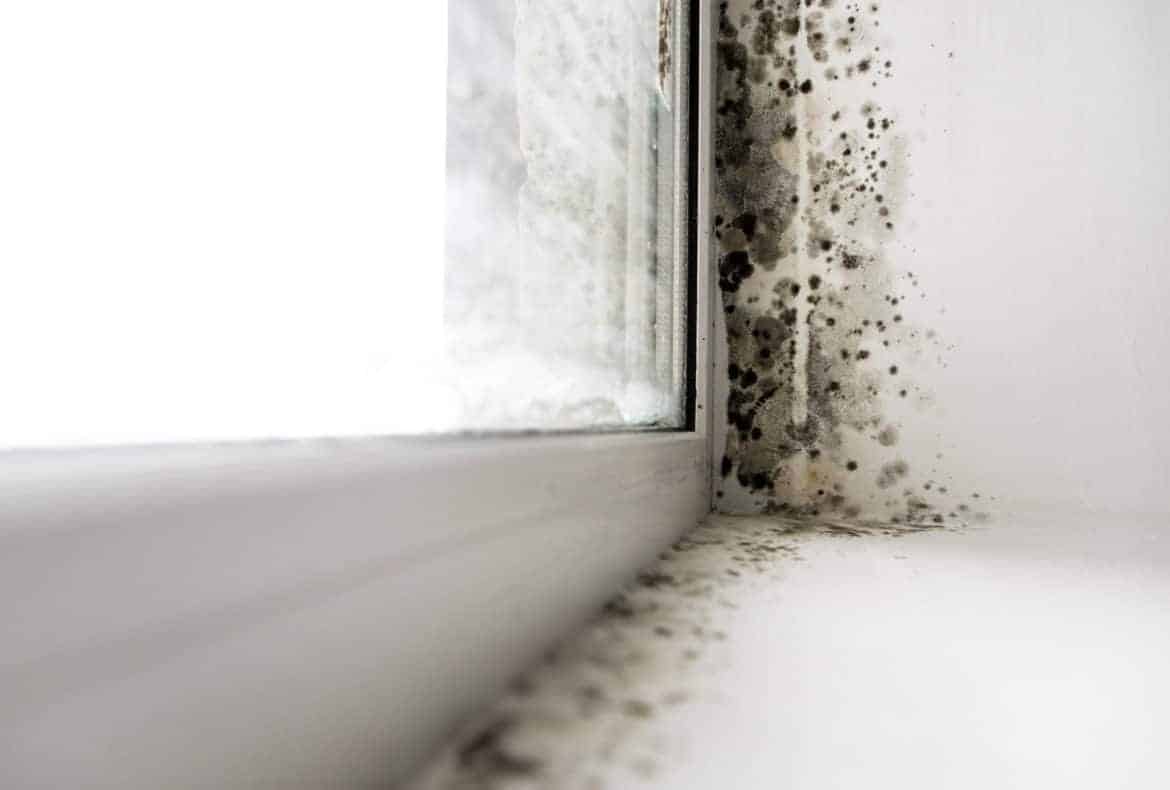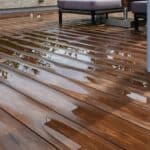Mold is nuisance because it can grow in various places inside a home, many of which are normally out of sight. The smallest leak can produce the moisture necessary for mold to take hold, and even in areas with dry and warm climates, mold can still grow and thrive.
Is Mold Dangerous?
Though the majority of molds aren’t dangerous, some mold can cause certain health issues, especially in those with allergies. Mold will fill up the air with microscopic spores that, when inhaled, can cause allergic reactions and other respiratory issues. Mold can also cause health problems if touched and ingested. Because mold contains potentially toxic substances known as mycotoxins, it can result in certain responses:
- Hay fever-type symptoms (sneezing, runny nose, red eyes, and skin rashes)
- Asthma attacks
- Irritation in the eyes, skin, nose, throat, and lungs
Research is still being conducted on the effects of mold exposure. If you are concerned because you believe you are experiencing these adverse effects, contact your doctor.
Mold is more dangerous to your home because it can aid in the deterioration of the materials it grows on. If given enough time, it can potentially damage the structure of your home.
How to Prevent Mold
Preventing mold from growing in your home is not always possible because it can grow and thrive in unseen places, but you can limit your chances of having an infestation of mold by:
Using dehumidifiers: molds thrive in damp environments, so getting rid of as much moisture in your home as possible will create an environment not conducive to mold growth. Keep the humidity inside your home under control by setting up dehumidifiers in your basement and other generally damp areas.
Sealing off known leaks: if you have a leak in your roof, walls, windows, or foundation, work to get it fixed ASAP. The longer water has to enter your home through leaks, the more likely mold will begin to grow in your walls, insulation, ceiling, and flooring materials.
Eradicating the source: whenever you encounter mold, it must be eliminated immediately in order to prevent it from spreading to other areas.
What to Do if Mold is Discovered
If you discover mold in your home, it is critical for mold remediation to begin as quickly as possible. The right professional will be able to safely clean or remove infected areas, eliminating the potential for more spores to enter the air. If you discover mold in your home, it’s best to stay away from the infected area and get in touch with a mold removal specialist as soon as possible.






